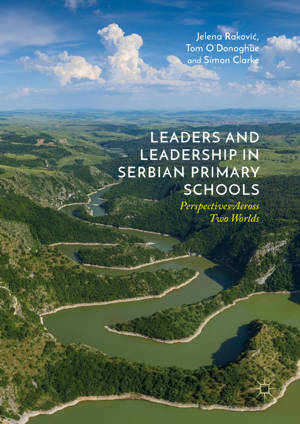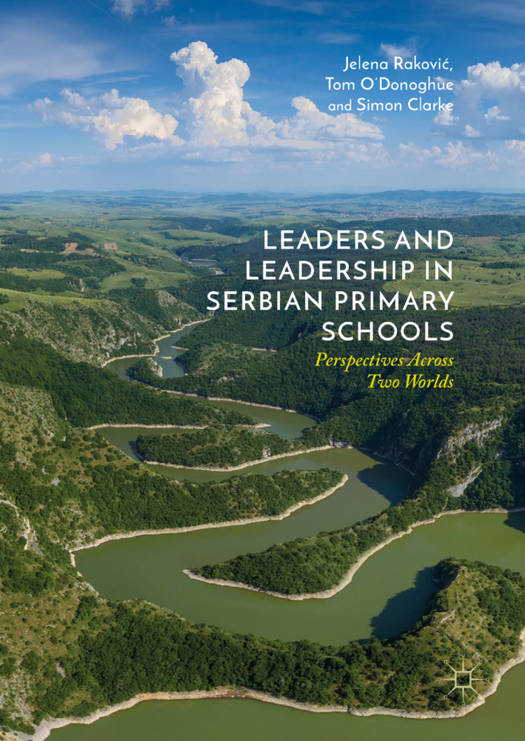
- Afhalen na 1 uur in een winkel met voorraad
- Gratis thuislevering in België vanaf € 30
- Ruim aanbod met 7 miljoen producten
- Afhalen na 1 uur in een winkel met voorraad
- Gratis thuislevering in België vanaf € 30
- Ruim aanbod met 7 miljoen producten
Zoeken
Leaders and Leadership in Serbian Primary Schools
Perspectives Across Two Worlds
Jelena Rakovic, Tom O'Donoghue, Simon Clarke
Hardcover | Engels
€ 52,95
+ 105 punten
Omschrijving
This book explores the perspectives of primary school leaders in Serbia as they attempt to navigate its changing political, social and economic situation. As a post-socialist and post-conflict country, Serbia has moved from a state-ruled and planned economy to market-oriented consumerism and competitiveness. In the midst of a rapidly changing and evolving country, school leaders have found themselves on the front lines of a system where infrastructure and support have not been implemented consistently. The clash between the complexities of Serbia's history and attempts to align education policies to those of the European Union has created unique challenges for primary school leaders: they are expected to be both objects and agents of change in a context where their own political position and relationships with students, parents and the teaching profession at large have been irrevocably altered. By illuminating the perspectives of the leaders themselves, this book emphasises the importance of these actors on the front line of Serbian education: its findings can equally be applied to other post-Communist and post-conflict contexts.
Specificaties
Betrokkenen
- Auteur(s):
- Uitgeverij:
Inhoud
- Aantal bladzijden:
- 224
- Taal:
- Engels
Eigenschappen
- Productcode (EAN):
- 9783030035280
- Verschijningsdatum:
- 24/01/2019
- Uitvoering:
- Hardcover
- Formaat:
- Genaaid
- Afmetingen:
- 148 mm x 210 mm
- Gewicht:
- 430 g

Alleen bij Standaard Boekhandel
+ 105 punten op je klantenkaart van Standaard Boekhandel
Beoordelingen
We publiceren alleen reviews die voldoen aan de voorwaarden voor reviews. Bekijk onze voorwaarden voor reviews.











